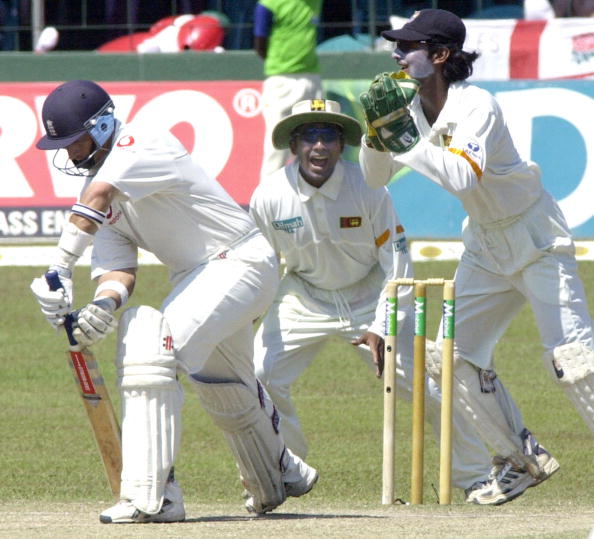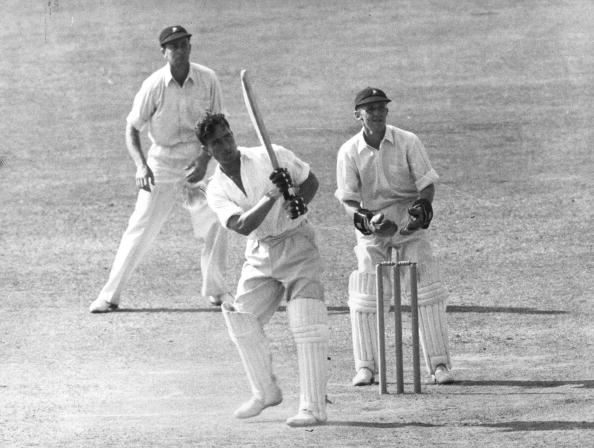Obstinate, obdurate and stubborn. Three of the adjectives used to describe Nick Compton's 236 minute stand in Durban during the first test between South Africa and England. With scores of 85 and 49 respectively, Compton announced his return to England's test cricket fold. His rise like a phoenix from the flames, is also a reminder of batsmen of old.
With the nervy conclusion to the Newlands test - including a nervous holing out in the tourist's second innings - Compton's dismissal proved how vital his role now is, as the staunch platform to which England can now build runs upon.
Test cricket's image has changed
In the last five to ten years, Test Cricket's image of the patient prodder has been revolutionised, into the swashbuckling, caution-to-the-wind approach. Elements of the ODI game have seeped into the five day version, as perhaps a necessity to a then fading form of the sport.
As a result, test cricket is in ruder health than ever before. Proponents of the likes of New Zealand and India captain's Brendan McCullum and MS Dhoni respectively, have seen the game change for the better. There remain few exhibitors of the game in its' purist form. Compton, however, is one.
Compton displays patience bereft of English batsmen
The Natal-born opener - currently at no. 3 in the order - displayed all the traits of the old fashioned cricketer in Durban. Compton, affectionately nicknamed 'Compo' for his measured approach, drew critics that his style was dormant in this generation. His technique and unflinching approach however, was the perfect platform for England's 241 run victory in the opening test, versus the supposed world no. 1s.

English batsmen have forever been nurdlers; pushing at deliveries not becoming of themselves. The patient approach has never been an English forte - at least not of late. Names read like a procession of opening order men; Mark Butcher, Nasser Hussain, Ian Bell and Michael Atherton. Even captain Alastair Cook has been guilty in the past. Which is why Nick Compton is a refreshing tide amongst a sea of relative failure.
Familiaral traits lie in Compton play
The Grandson of former England international Denis Compton, Nick seemed to be century-bound at Durban before his dismissal. His style while not so laden with flair as his Grandfather, points toward a similar trend.

Denis to this day remains one of only twenty-five players to have scored over 100 centuries in first-class cricket. Whilst Nick leans toward the blocker, Denis was the flasher. As such their styles are markedly differing in contrast, however the patience of both games seem to be inherent.
Changed role has brought Compton back into fold
Compton lost his place during his first spell with England after inconsistent performances. However it was more his un-erring defensive approach that did not curry favour with the selectors.
Now as Alex Hales seems to be earmarked for the no.2 role to open with Cook, Compton has more room for manouevre, with Joe Root at no.4. With Cook, Hales, Root, James Taylor and the rising force of Ben Stokes, Compton can be the stability at the other end.
Nick Compton, already at the wise old age of 32 has over 10,000 first class runs to his name, in 160 matches. His test batting average of 35.42 is impressive for one of such test inexperience. His style may be at times not a catalyst for watchers new to cricket - especially in the light of Ben Stokes' scintillating theatrics - but his watchfullness is a welcome cast-off for not only purists of the game, but for English cricket as a whole.





































